My daughter, Emily* (18) — who I’ve been on my own with since she was six weeks old — started displaying symptoms of BPD when she was about 13 or 14. Over the course of many years, until we finally got a diagnosis, she got progressively worse. She is not at all aggressive but she is a significant self-harmer and has suicidal ideation. She’s had numerous admissions.
I am a registered nurse and I work with adolescents in a school. As such I had high expectations of myself as a carer but there have been times through the years that I’ve been unable to cope. I would say I was close to a nervous breakdown on two occasions. The public health system couldn’t help and Emily continued to be sent home to me leaving me on suicide watch, which I felt was totally ridiculous. And in all the years I was going through CAMHS [Child and Adolescent Mental Health Services] I was never directed to any support services for carers. Their priority was Emily. I don’t know whether they thought that because I was a nurse I would be okay, or that I could find help on my own.
But I was exhausted through lack of sleep. Emily had never completed a full week at school and I was constantly terrified that she was going to die. I would go to bed every night planning her funeral. Maintaining a normal living, financial situation, and work life was nearly impossible. It was like I was suffering post-traumatic stress. I was doubting every decision at home and work. I felt like I had been a failure as a wife, as a mother, as a nurse. Fortunately I had a fantastic boss who was incredibly supportive and gave me almost a term of compassionate leave.
At one stage, when it felt like I had come to the point of complete collapse, my ex-husband’s mother and sister, who are in Perth, stepped up to help. I felt incredibly guilty, but I took Emily to Perth and left her there for nearly three months so I could have a break. It wasn’t until then that I finally got some sleep, got grounded, and could see things a little bit more clearly. That’s when I sought out support services, support groups, and got some respite. I found out about all the things that were available to me.
Before that my response to Emily was to try and control her; at a time when adolescents try so hard to become independent. And as she became more unwell I’d pull her in even harder, literally demanding to know where she was every five minutes. In hindsight, perhaps sitting on Emily 24/7 was not the most therapeutic thing for her. I think she needed containment but having me, the closest person to her, being the one trying to contain her made her feel even more controlled by me. I remember before she was diagnosed, her school counsellor called to say she was recommending a CAMHS referral for Emily. The school had noticed her wounds from self-harm — I thought the Band-Aids were hiding blisters! That was a massive blow. Initially I thought something terrible at happened to her; that she’d been raped, attacked, that something I didn’t know had occurred.
I remember cornering her in the car one day, saying ‘For God’s sake tell me what the hell is going on!’ It is probably the most damaging thing I could’ve done to her. She still remembers it, getting trapped in the car with her mad mother! She said she didn’t know why she did what she did but that she didn’t want to talk about it, especially with me. In hindsight she couldn’t articulate it, but I think she didn’t want to impose more worries on me. She felt very responsible for me, which is a very sad thing because that shouldn’t be the way it works. I think we both tried to do the best for the other person but only made things worse.
At the moment Emily is an inpatient at a private mental health clinic in Melbourne. They have adjusted her medication for depression and she has said she’s feeling so much happier. We’ve still got the BPD but we’re now looking at more of a BPD individual rather than a depressed, anxious, suicidal BPD girl. Which is actually quite nice.
Me? I am surprisingly good. Emily and I communicate really well. I say ‘What can I do differently that is not going to make you feel smothered if you’re feeling suicidal?’ I think I’ve learnt that I can’t control her or her feelings, only validate them. Understanding that validation is by no means agreeing that her feelings are rational but they are just as real (rational or not) for her. That was a light bulb moment I’ve had. I can only change my behaviour to continue my own sense of normality. Realising this has made things better between her and me.
- Names have been changed
